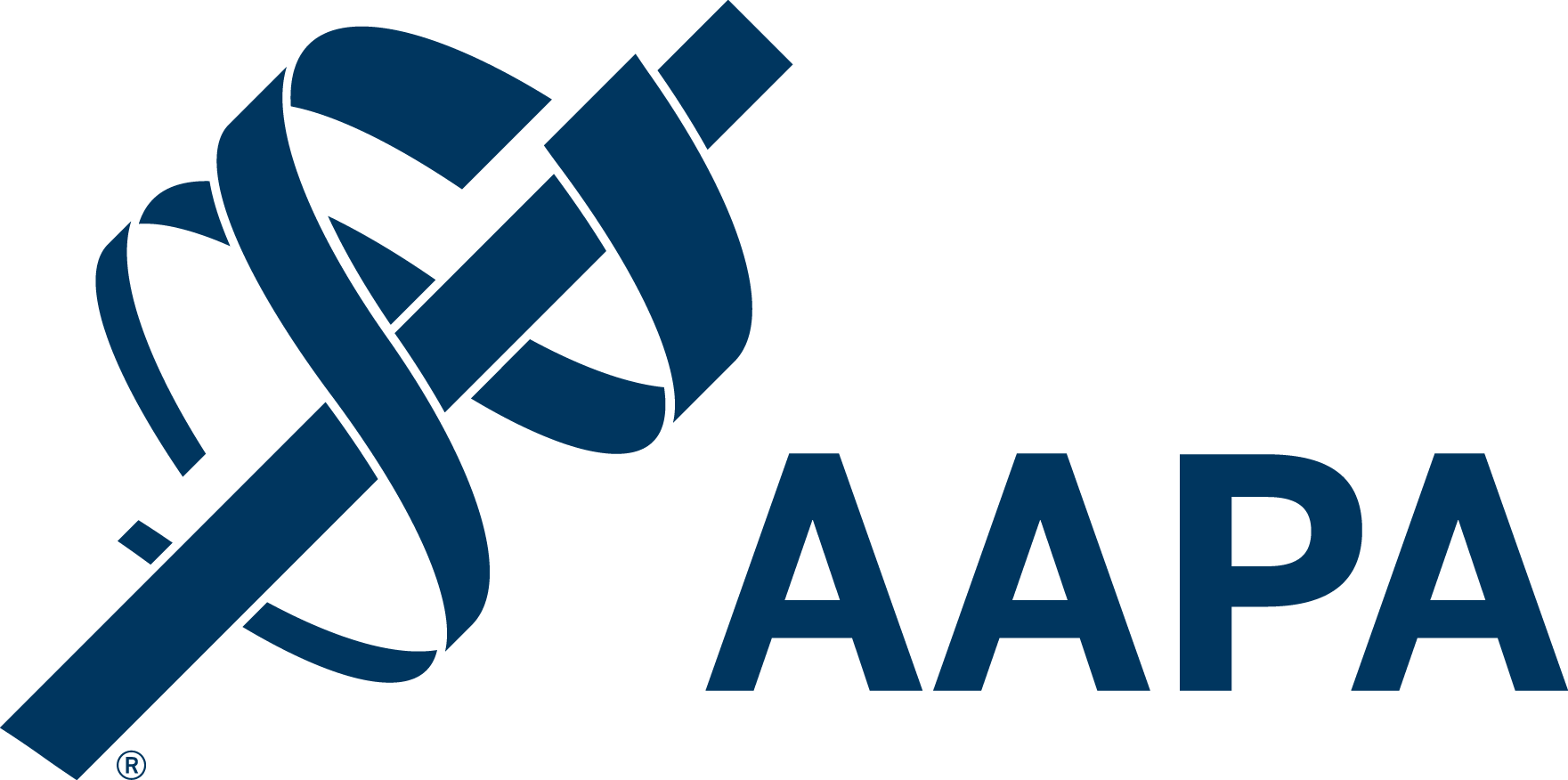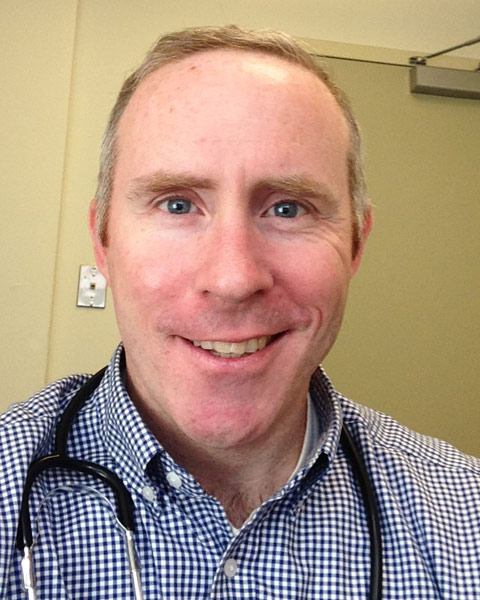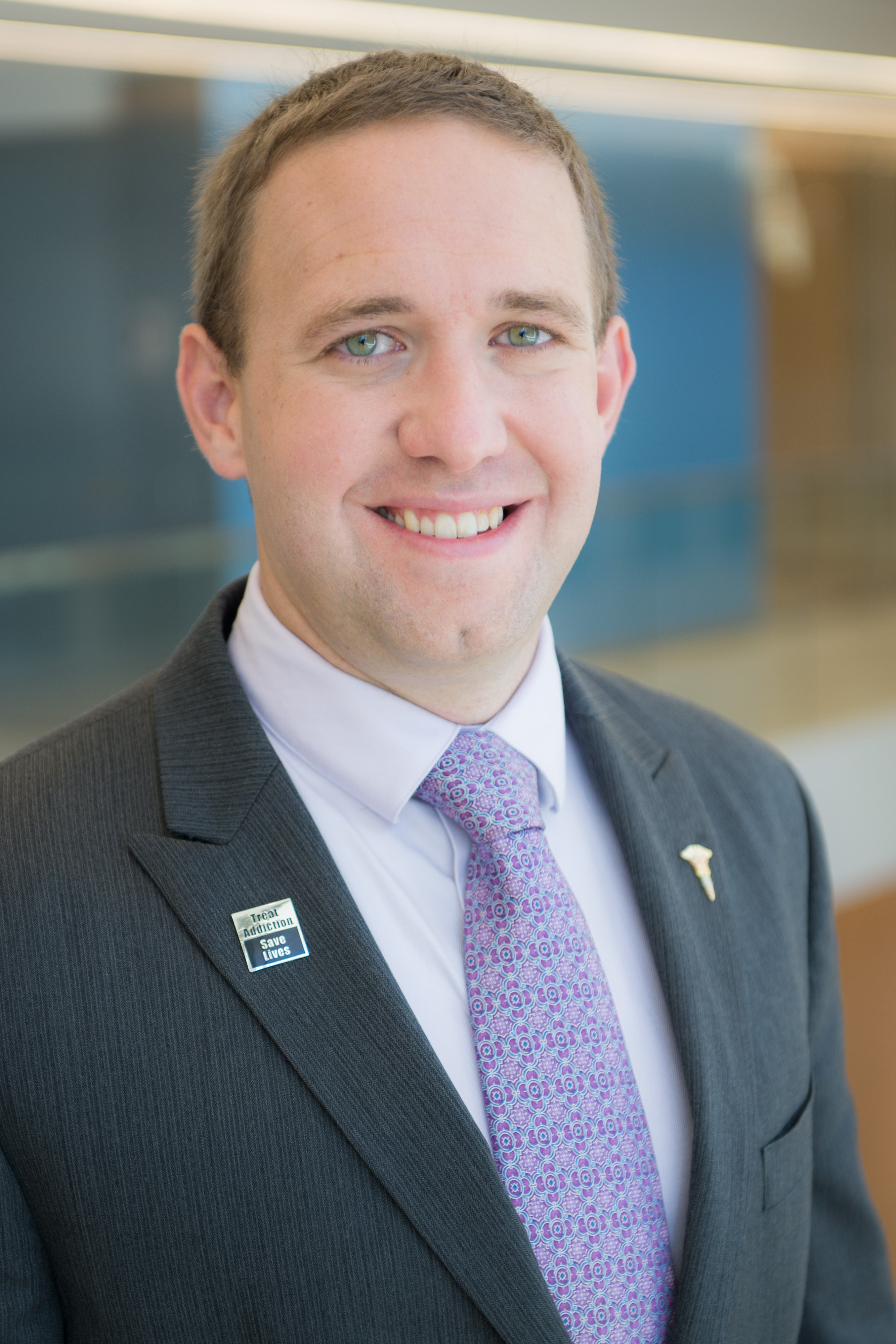
Part 2: NP/PA 16-Hour Waiver Training
Recorded On: 12/10/2015

The 16-hour product developed includes all additional education required by the Comprehensive Addiction and Recovery Act (CARA) for physician assistants to successfully apply for a waiver to prescribe buprenorphine for office-based treatment of opioid use disorders.
Click the "Content" tab to get started!

Tricia Wright
MD, MS, FACOG, FASAM
Tricia Wright, MD MS is an assistant professor of Obstetrics, Gynecology and Women's Health at the University of Hawaii John A. Burns School of Medicine and founder, former medical director, and now Women's Health Liaison of the PATH Clinic, an outreach clinic of Waikiki Health Center, which provides prenatal, postpartum and family planning to women with a history of substance use disorders. She is board certified in both Ob/Gyn and Addiction Medicine and a Fellow of the American College of Obstetrics and Gynecology. She has been waivered to provide buprenorphine since 2009, and has treated both pregnant and non-pregnant women. She won funding approval in 2006 from the Hawaii legislature to start a perinatal clinic for women with substance use, the first in the state. The Path Clinic opened in 2007, and has seen over 400 pregnant women since that time. She completed her Masters Degree in Clinical Research from the University of Hawaii in 2009, her thesis paper studying the disparities of smoking and drug use rates during pregnancy of Native Hawaiian women. Her research interests include substance use disorders among pregnant women, including barriers to family planning, screening, brief intervention and referral to treatment (SBIRT), best practices for treatment, and the effects of methamphetamine, marijuana and tobacco on the placenta.

Timothy K. Brennan
MD, MPH, FASAM
Timothy Brennan, MD, MPH, FASAM is an Addiction Medicine physician and Pediatrician. He is the Director of the Addiction Institute at Mount Sinai West and St. Luke's Hospitals in New York City and the Vice President for Medical and Academic Affairs at The Addiction Medicine Foundation. He is also the Director of the Fellowship in Addiction Medicine at the Icahn School of Medicine at Mount Sinai. He completed a Fellowship in Addiction Medicine at the Addiction Institute of New York, a Fellowship in Medical Ethics at Harvard Medical School, a Residency in Pediatrics at Weill Cornell Medical College / New York Presbyterian Hospital, and an Internship in Internal Medicine at Georgetown University Hospital. He is the Co-Editor of Essentials of Addiction Medicine and Board Certified in Addiction Medicine and Pediatrics.

Brian Hurley
MD, MBA, DFASAM
Dr. Brian Hurley is an addiction psychiatrist and Medical Director for Co-Occurring Disorder Services for the Los Angeles County Department of Mental Health (LACDMH), supporting the identification and management of co-occurring substance use among patients with mental illness served by LACDMH. He is an assistant professor of Addiction Medicine at UCLA.
Brian serves as the Treasurer and is a Distinguished Fellow of the American Society of Addiction Medicine. Brian joined ASAM in 2002 as a first year medical student, and has served on the ASAM Board of Directors in various capacities since 2003. Brian previously served as chair of ASAM’s Membership Committee and Physicians-in-Training Committee and is formerly ASAM’s alternate delegate to the American Medical Association. Brian additionally served on the EVP/CEO search committee in 2010 that led to Penny Mill’s selection as ASAM’s current EVP/CEO. He has additional served in various roles for the Massachusetts Society of Addiction Medicine, New York Society of Addiction Medicine, and California Society of Addiction Medicine.
Brian completed the Robert Wood Johnson Foundation Clinical Scholars Program at the University of California, Los Angeles (UCLA), and was previously a Veterans Administration National Quality Scholar at the VA Greater Los Angeles Healthcare System. He completed residency training at the Massachusetts General Hospital and McLean Hospital, where he was Chief Resident in Addiction Psychiatry and addiction psychiatry fellowship training at Bellevue Hospital and the New York Veterans Administration. Brian is a graduate of the Keck School of Medicine and Marshall School of Business of the University of Southern California. He was a 2012 American College of Psychiatrists Laughlin fellow, a 2010-2013 American Psychiatric Association (APA) Public Psychiatry Fellow, and a 2015-2017 Group for Advancement of Psychiatry Fellow. Brian has previously served on the Board of Trustees of the APA.
The collaborative of ASAM, AAPA and AANP identified and reviewed this content to provide the NP/PA training required by CARA.
The NP/PA 24-Hour Waiver Training is available for free through 2017 in part by an unrestricted educational grant from Indivior.
The 16-hour product developed includes all additional education required by the Comprehensive Addiction and Recovery Act (CARA) for physician assistants to successfully apply for a waiver to prescribe buprenorphine for office-based treatment of opioid use disorders.
This program has been reviewed and is approved for a maximum of 16.00 AAPA Category 1 CME credits by the PA Review Panel. Approval is valid for one year from the issue date of 01/01/2018. Participants may submit the post-test at any time during that period.
This program was planned in accordance with AAPA's CME Standards for Enduring Material Programs and for Commercial Support of Enduring Material Programs.
Successful completion of the post-test is required to earn AAPA Category 1 CME credit. Successful completion is defined as a cumulative score of at least 70 percent correct.
Download this helpful FAQ for technical issues.
All other questions, contact ASAM Education.
education@ASAM.org | 301.656.3920
AMA Credit Designation Statement:
The American Society of Addiction Medicine designates this enduring material for a maximum of 16 AMA PRA Category 1 Credit (s)™. Physicians should claim only the credit commensurate with the extent of their participation in the activity.
ACCME Accreditation Statement:
The American Society of Addiction Medicine is accredited by the Accreditation Council for Continuing Medical Education (ACCME) to provide continuing medical education for physicians.
ASAM 2017 CME Committee Disclosure Information:
| Name | Nature of Relevant Financial Relationship | ||
| Commercial Interest | What was received? | For what role? | |
| Adam J. Gordon, MD, MPH, FACP, DFASAM, CMRO, Chair | None | ||
| Catherine Friedman, MD Vice Chair | None | ||
| Noel Ilogu, MD, MRCP, DFASAM | None | ||
| Hebert L. Malinoff, MD, FACP, DFASAM | None | ||
| Edwin A. Salsitz, MD, DFASAM | None | ||
| John C. Tanner, DO, DABAM, DFASAM, CCFC, MRO | Indivior BDSI | Honorarium Honorarium | Speaker Consultant/Speaker |
ASAM CME Committee Reviewers:
Adam J. Gordon, MD, MPH, FACP, DFASAM, CMRO
Edwin A. Salsitz, MD, DFASAM
Please ensure that your state regulations allow you to prescribe buprenorphine and other medications to treat OUD before you apply for the waiver. Some states may have overriding state legislation that will prevent NPs and PAs from prescribing these medications even if Federal law allows it.
Apply
- Fill out the Waiver Notification Form on SAMHSA’s website.
- Submit copies of your training certificate(s) to SAMHSA by email: infobuprenorphine@samhsa.hhs.gov or fax: 301.576.5237.
SAMHSA reviews waiver applications within 45 business days of receipt. If approved, you will receive a letter via email that confirms your waiver and includes your prescribing identification number.
Waiver applications are forwarded to the DEA. DEA regulations require your prescribing identification number to be included on all buprenorphine prescriptions for opioid dependency treatment, along with your regular DEA number.
If you have not received confirmation of receipt of your application, or if it has been more than 45 business days since submitting it, contact CSAT by email: infobuprenorphine@samhsa.hhs.gov or call 866.287.2728.
Qualify
To qualify for a waiver to treat patients with Opioid Use Disorder, NPs and PAs must:
- Be licensed under state law to prescribe schedule III, IV, or V medications for pain
- Complete no less than 24 hours of appropriate education through a qualified provider or through other training or experience, demonstrate the ability to treat and manage OUD
- If required by state law, be supervised or work in collaboration with a qualifying physician to prescribe medications for the treatment of OUD

